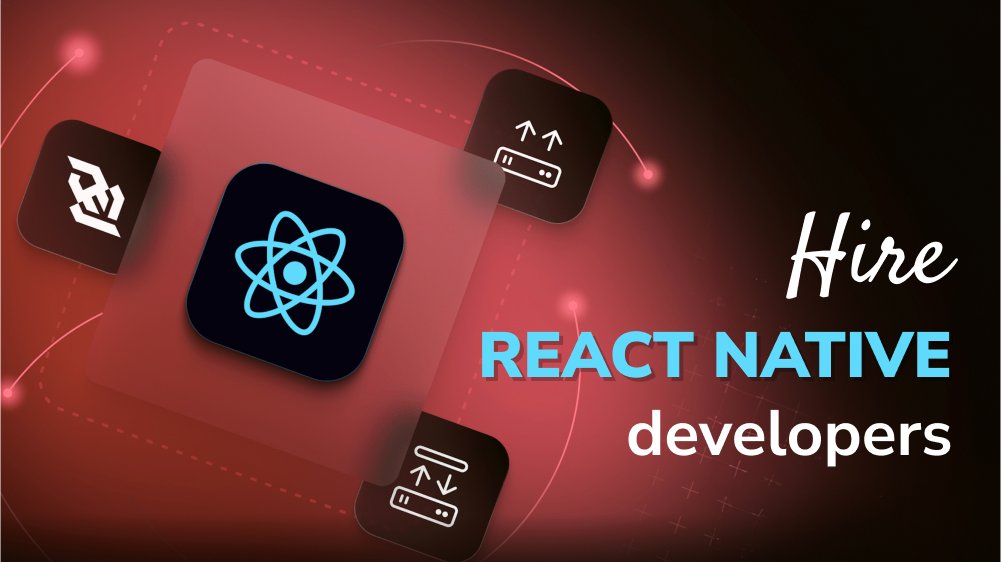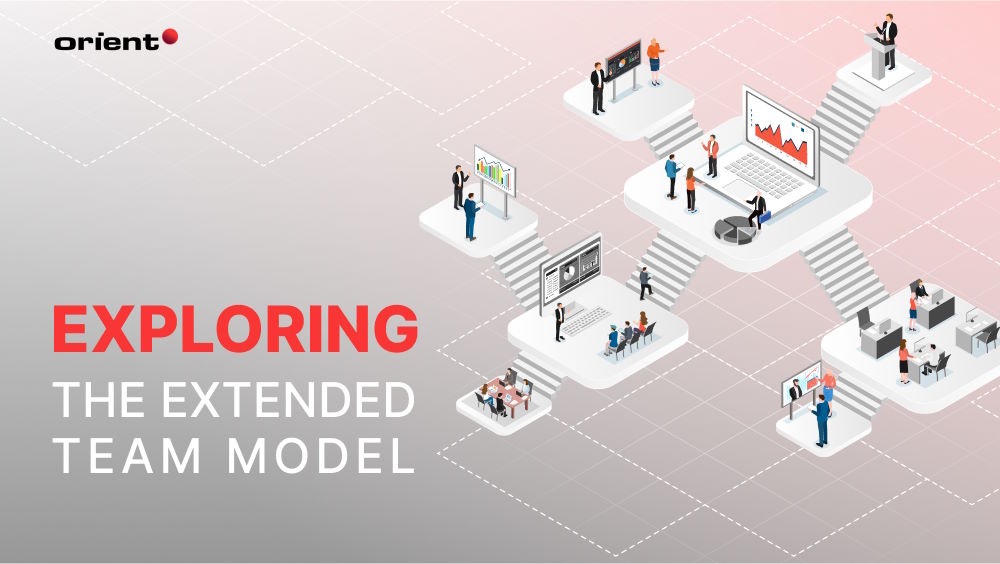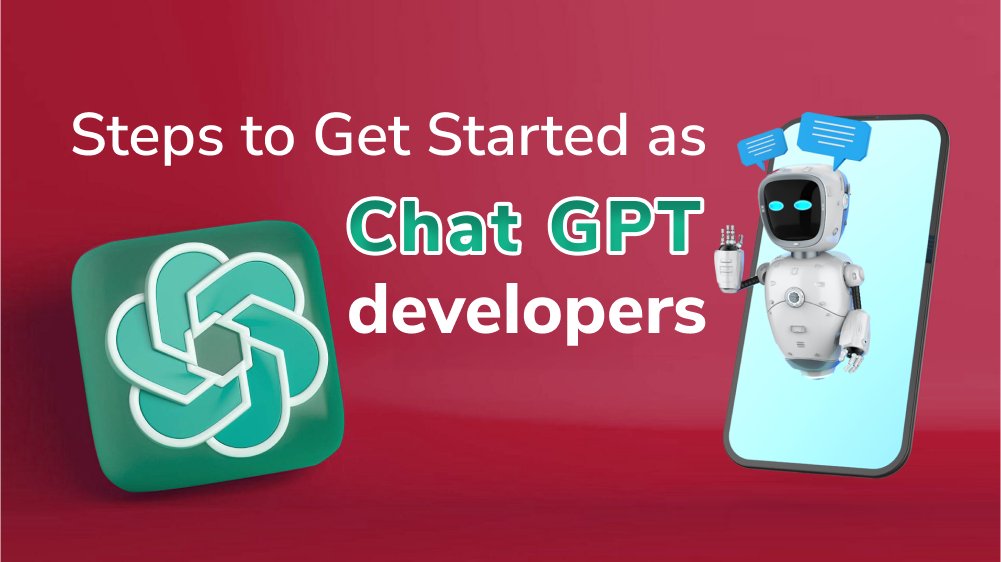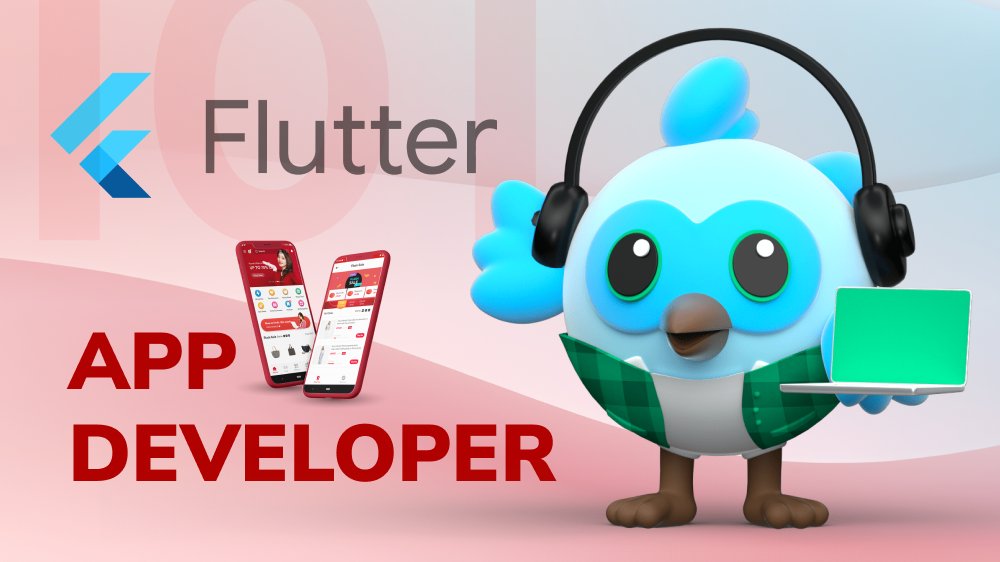
Exploring the Extended Team Model: Unleashing Collaboration for Success

Content Map
More chaptersIn today’s dynamic business environment, collaboration has become the cornerstone of success. It is the catalyst that propels companies forward, driving innovation, productivity, and growth. Regarding collaboration, two popular team models often come into play: extended teams and dedicated teams.
In this article, our focus will be on exploring the intricacies of extended teams and providing a comprehensive definition and explanation. Furthermore, we will compare the extended team model and the dedicated team model, shedding light on their unique characteristics, advantages, and considerations. By gaining a deep understanding of these team models and the power of collaboration, we can unlock new possibilities and unleash the full potential of our teams for unparalleled success. We will also delve into the significance of collaboration itself, highlighting its pivotal role in achieving business success.
Understanding Extended Teams
The team members for the extended team and the dedicated team were employed by an outsourcing firm, and both teams were external to your business. Even if the term “dedicated team model” may be well-known, before making a detailed comparison, let’s first take a closer look at the “extended team model.”
What is An Extended Team?
An extended team refers to additional individuals provided by an outsourcing agency to work in combination with an existing in-house team. The purpose of adding these external team members is to enhance the capabilities and capacity of the existing in-house team.
Unlike a traditional in-house team, an extended team is composed of individuals located in different geographical locations, often spanning multiple time zones. The most common example is an extended development team, which leverages communication technologies and collaborative tools to bridge the physical distance and work seamlessly together.
The key characteristic of extended teams is their diverse composition. Extended team members bring a wide range of skills, expertise, experiences, and perspectives to the table. They may come from different cultural backgrounds, possess varied language proficiencies, and have distinct professional backgrounds. This diversity enriches the team’s problem-solving capabilities, fosters innovation, and promotes a global mindset within the organization.
Inherent Properties of An Extended Team
Skill Diversity and Expertise
When it comes to software development methodology, skill diversity, and expertise play a crucial role in achieving success. With new team members from an extended team, organizations have access to a diverse pool of professionals with a wide range of skills and expertise.
Extended development teams often consist of developers, designers, quality assurance specialists, project managers, and other professionals who bring unique perspectives and knowledge to the entire development process. This diverse skill set enables team extension to approach complex projects from multiple angles, fostering innovation and problem-solving.
Flexibility and Scalability
Flexibility and scalability are critical factors in the success of software development projects. Traditional in-house teams often face limitations in terms of resources, such as office space and equipment. On the other hand, extended teams can be easily scaled up or down based on project requirements, allowing organizations to adapt quickly to changing needs.
In a rapidly changing development landscape, project scopes and timelines often evolve. An extended development team can adapt to these changes more efficiently than a dedicated development team. They can add or remove team members, adjust workloads, and allocate resources based on the specific needs of the project. This flexibility ensures that development efforts remain on track, even in the face of evolving requirements or tight deadlines.
Access to Specialized Talent
Software development often requires specialized skills and expertise in areas such as frontend and backend development, mobile app development, UX/UI design, and data analysis. Extended development teams offer a significant advantage by providing access to specialized talent that may be challenging to find within a dedicated team structure.
Extended development teams bring together professionals from diverse backgrounds, including individuals with niche skill sets and industry-specific knowledge. This diverse talent pool allows organizations to select team members with the precise expertise required for their unique development projects. By leveraging the extended team model, businesses can tap into a global network of talent, breaking down geographical barriers and accessing professionals with rare and sought-after skills.
Comparing Extended Teams Vs. Dedicated Teams

When it comes to assembling teams for project execution, organizations have traditionally relied on the in-house team as the core team. However, with the evolving landscape of remote work and the increasing need for specialized talent, extended teams and dedicated teams have emerged as a viable alternative.
With the extended team model, an existing team can benefit from the augmentation of extended members, particularly those with specialized abilities, who offer unique advantages over their dedicated counterparts.
While with the dedicated team model, the development agency takes care of the hiring, management, and administration of the team, while your company benefits from having a dedicated team working on your projects without the need to directly employ and manage the individuals.
In both cases, outsourcing software development companies like Orient Software can assist. Extended Teams and Dedicated Teams are two different approaches to augmenting a company’s development capabilities. Here’s a comparison of these two models:
Extended Team Model
- Augmented capacity and expertise: An extended team consists of additional team members provided by a development agency to supplement your existing in-house team. These external team members bring specialized skills and expertise to enhance the capabilities and capacity of your team.
- Flexibility and scalability: The development agency can quickly scale up or down the team size based on project requirements, providing flexibility in resource allocation.
- Short-term engagement: Extended teams are often formed for specific projects or time-bound engagements. The team members may work on multiple projects simultaneously or be assigned to different projects as per your company’s needs.
- Collaboration with in-house team: The extended team members work alongside your in-house team, collaborating to achieve project goals. Effective communication and coordination are essential for successful integration and workflow.
Dedicated Team Model
- Full-time commitment: A dedicated team is a group of team members hired by a development agency to work exclusively on your company’s projects. These team members are dedicated solely to your projects and provide focused attention.
- Long-term engagement: Dedicated teams are typically formed for longer-term engagements, providing stability and continuity for ongoing projects. They have a higher degree of familiarity with your company’s systems, processes, and goals.
- Direct management and control: The dedicated team is led by a manager or team lead from the development agency, who oversees the team’s activities, ensures project alignment, and manages the team’s performance.
- Alignment with company culture: As the dedicated team works closely with your company for an extended period, they can develop a deeper understanding and alignment with your company’s culture, values, and objectives.
Ultimately, the choice between an extended team and a dedicated team depends on your specific requirements, such as project duration, resource scalability needs, and the level of specialization or long-term commitment desired. Both models offer the advantage of accessing external resources through a development agency, but the extended team is more project-focused and flexible, while the dedicated team provides a dedicated and aligned workforce for longer-term engagement.
Tips for Leveraging Collaboration in Extended Teams
Compared to a dedicated team model, an extended team model can be particularly useful when you have fluctuating project workloads, require specialized skills, or have tight deadlines to meet. However, there are also many challenges in collaboration processes and clear roles and responsibilities between the in-house team and the external team members. Here are some tips for effective collaboration with this model:
Establishing Effective Communication Channels and Practices
Effective communication is the foundation of successful collaboration. When working with extended teams, it is crucial to establish clear communication channels and practices.
- Define communication protocols: Establish guidelines for communication channels, response times, and preferred methods of communication.
- Foster open and transparent communication: Encourage team members to openly share ideas, concerns, and progress updates.
- Schedule regular check-ins: Plan regular team meetings or check-ins to discuss project progress, address challenges, and provide updates.
Encouraging Cross-Functional Collaboration and Knowledge Sharing
Cross-functional collaboration and knowledge sharing are vital for tapping into the diverse expertise within extended teams.
- Promote a culture of collaboration: Emphasize the value of interdisciplinary collaboration and the benefits it brings to project outcomes.
- Foster a learning environment: Create opportunities for continuous learning and skill development. Consider organizing knowledge-sharing sessions or workshops to facilitate cross-pollination of ideas.
- Encourage mentorship and peer support: Encourage senior team members to guide and mentor junior members, fostering growth and knowledge transfer within the team.
Leveraging Technology and Tools for Seamless Collaboration and Project Management
- Choose the right collaboration tools: Select collaboration tools that may include project management platforms, communication tools, document-sharing platforms, and task management systems. Make sure team members are trained on how to use these tools efficiently.
- Utilize video conferencing for virtual face-to-face interaction: Video conferencing tools enable team members to have real-time, face-to-face interactions, fostering a sense of connection and engagement.
- Streamline project management processes: Use project management tools to track project progress, assign tasks, set deadlines, and monitor milestones.
Outsourcing Extended Development Teams
In considering extended teams as a collaboration solution, businesses open themselves up to a world of opportunities. Outsourcing agencies, such as Orient Software, provide specialized expertise and an international talent pool that can augment your in-house team. Leveraging Orient Software as an outsourcing agency for extended development team collaboration, which we call IT staff augmentation services, to bring a wealth of benefits, including access to highly skilled professionals, cost efficiencies, and scalability.
In conclusion, collaboration is the key to unlocking business success. By embracing extended teams and considering Orient Software as an outsourcing agency, businesses can tap into a wealth of talent and expertise, driving innovation and achieving their strategic objectives. Through effective collaboration, organizations can navigate the complexities of the modern business landscape and position themselves for sustained growth and excellence.






